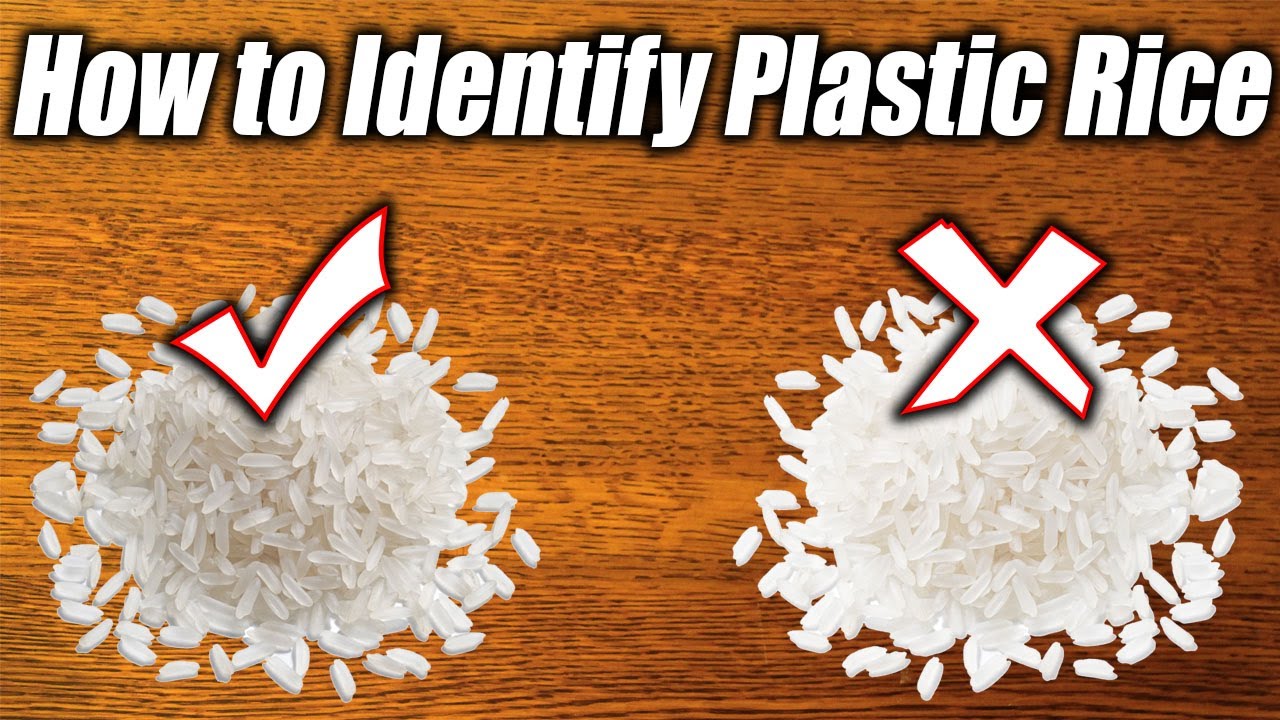
Distinguishing Between Plastic Rice and Real Rice: A Simple Guide
One of the simplest tests is the water test. Drop a handful of rice into a glass of water. Real rice will sink to the bottom, while plastic rice is said to float due to its lighter density. However, keep in mind that some processed rice products might behave differently due to added ingredients, so this test isn’t foolproof.
The Fire Test
For those who want to take their investigative efforts a step further, the fire test is an option. Using a lighter, try burning a couple of grains of rice. Real rice will char and burn like any other grain, emitting a smoky scent. Plastic rice, on the other hand, will melt and might produce a plastic-like odor.
The Boil Test
Cooking the rice is another way to check its authenticity. Plastic rice is reported to remain hard after boiling, unlike real rice, which becomes soft and fluffy. If you notice any grains that refuse to cook no matter how long they’re boiled, they might warrant further scrutiny.
Final Thoughts
While the presence of plastic rice in the market is largely considered a myth, it’s always good to be informed and cautious about the food we consume. These simple tests can provide peace of mind and ensure the rice you’re eating is genuine and safe. Remember, the best way to guarantee the quality of your rice is to purchase it from reputable sources. Happy and safe cooking!
